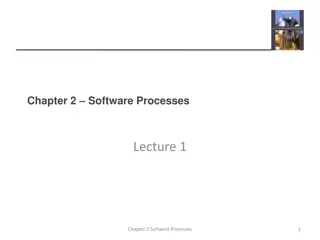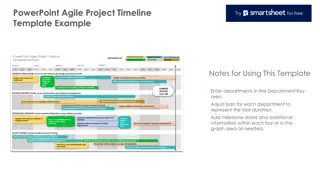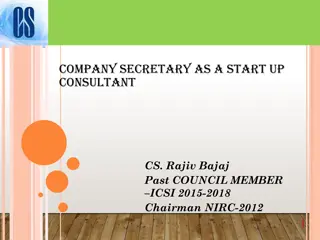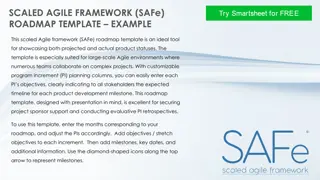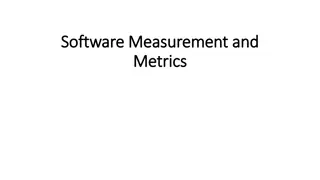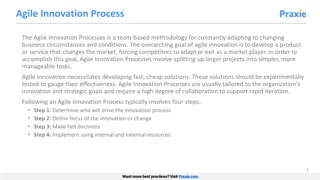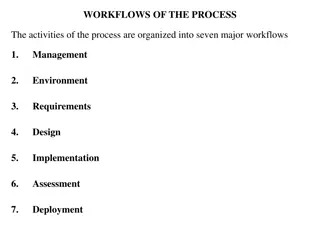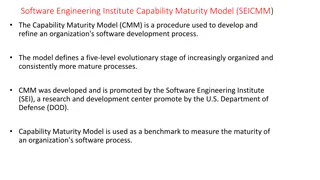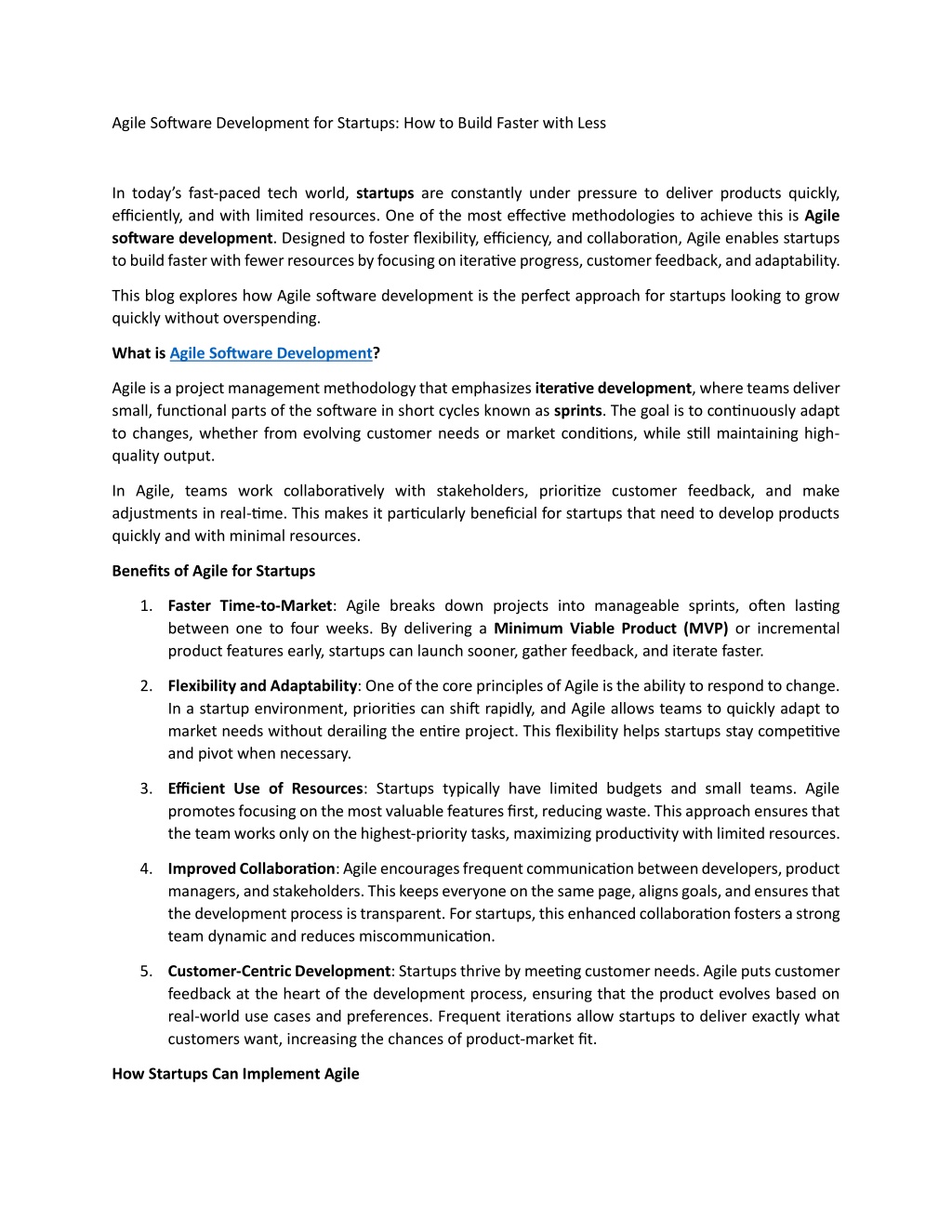
Agile Software Development for Startups How to Build Faster with Less
In todayu2019s fast-paced tech world, startups are constantly under pressure to deliver products quickly, efficiently, and with limited resources. One of the most effective methodologies to achieve this is Agile software development.
Download Presentation

Please find below an Image/Link to download the presentation.
The content on the website is provided AS IS for your information and personal use only. It may not be sold, licensed, or shared on other websites without obtaining consent from the author. Download presentation by click this link. If you encounter any issues during the download, it is possible that the publisher has removed the file from their server.
E N D
Presentation Transcript
Agile Software Development for Startups: How to Build Faster with Less In today s fast-paced tech world, startups are constantly under pressure to deliver products quickly, efficiently, and with limited resources. One of the most effective methodologies to achieve this is Agile software development. Designed to foster flexibility, efficiency, and collaboration, Agile enables startups to build faster with fewer resources by focusing on iterative progress, customer feedback, and adaptability. This blog explores how Agile software development is the perfect approach for startups looking to grow quickly without overspending. What is Agile Software Development? Agile is a project management methodology that emphasizes iterative development, where teams deliver small, functional parts of the software in short cycles known as sprints. The goal is to continuously adapt to changes, whether from evolving customer needs or market conditions, while still maintaining high- quality output. In Agile, teams work collaboratively with stakeholders, prioritize customer feedback, and make adjustments in real-time. This makes it particularly beneficial for startups that need to develop products quickly and with minimal resources. Benefits of Agile for Startups 1.Faster Time-to-Market: Agile breaks down projects into manageable sprints, often lasting between one to four weeks. By delivering a Minimum Viable Product (MVP) or incremental product features early, startups can launch sooner, gather feedback, and iterate faster. 2.Flexibility and Adaptability: One of the core principles of Agile is the ability to respond to change. In a startup environment, priorities can shift rapidly, and Agile allows teams to quickly adapt to market needs without derailing the entire project. This flexibility helps startups stay competitive and pivot when necessary. 3.Efficient Use of Resources: Startups typically have limited budgets and small teams. Agile promotes focusing on the most valuable features first, reducing waste. This approach ensures that the team works only on the highest-priority tasks, maximizing productivity with limited resources. 4.Improved Collaboration: Agile encourages frequent communication between developers, product managers, and stakeholders. This keeps everyone on the same page, aligns goals, and ensures that the development process is transparent. For startups, this enhanced collaboration fosters a strong team dynamic and reduces miscommunication. 5.Customer-Centric Development: Startups thrive by meeting customer needs. Agile puts customer feedback at the heart of the development process, ensuring that the product evolves based on real-world use cases and preferences. Frequent iterations allow startups to deliver exactly what customers want, increasing the chances of product-market fit. How Startups Can Implement Agile
1.Start with an MVP: Focus on building a Minimum Viable Product that contains the core features necessary to test your product s concept. This allows you to launch quickly, gather feedback, and refine the product in subsequent sprints. By avoiding overengineering, you save time and resources while validating your idea early. 2.Prioritize Tasks Effectively: In Agile, the product backlog is a prioritized list of tasks that need to be completed. Startups should prioritize tasks based on value and feasibility. Features that directly address customer pain points or provide essential functionality should be at the top of the list. 3.Set Short Sprints: The key to Agile success is delivering in short sprints. For startups, this means breaking the project into smaller, manageable tasks that can be completed within one to two weeks. This rapid delivery cycle allows for quick testing and feedback, ensuring that the development stays aligned with customer needs and business goals. 4.Regular Reviews and Feedback: After each sprint, hold a sprint review to demonstrate what has been completed and gather feedback from stakeholders. This ensures that the product is evolving in the right direction. Agile encourages continuous improvement, which is especially valuable for startups trying to iterate quickly. 5.Use Agile Tools: Several tools can help startups manage Agile processes effectively. Platforms like Trello, Jira, and Asana allow teams to organize tasks, track progress, and collaborate in real time. These tools are particularly useful for small teams that need to stay organized and aligned. Conclusion Agile software development is a game-changer for startups. By focusing on iterative progress, frequent feedback, and adaptability, startups can build faster with fewer resources, improve collaboration, and respond to market demands more effectively. Agile empowers startups to develop products that are aligned with customer needs while keeping costs under control. For any startup looking to accelerate growth and build efficiently, adopting Agile practices is a critical step toward success. Read startups.html More: https://techhorizonsolutions.blogspot.com/2024/09/agile-software-development-for-


